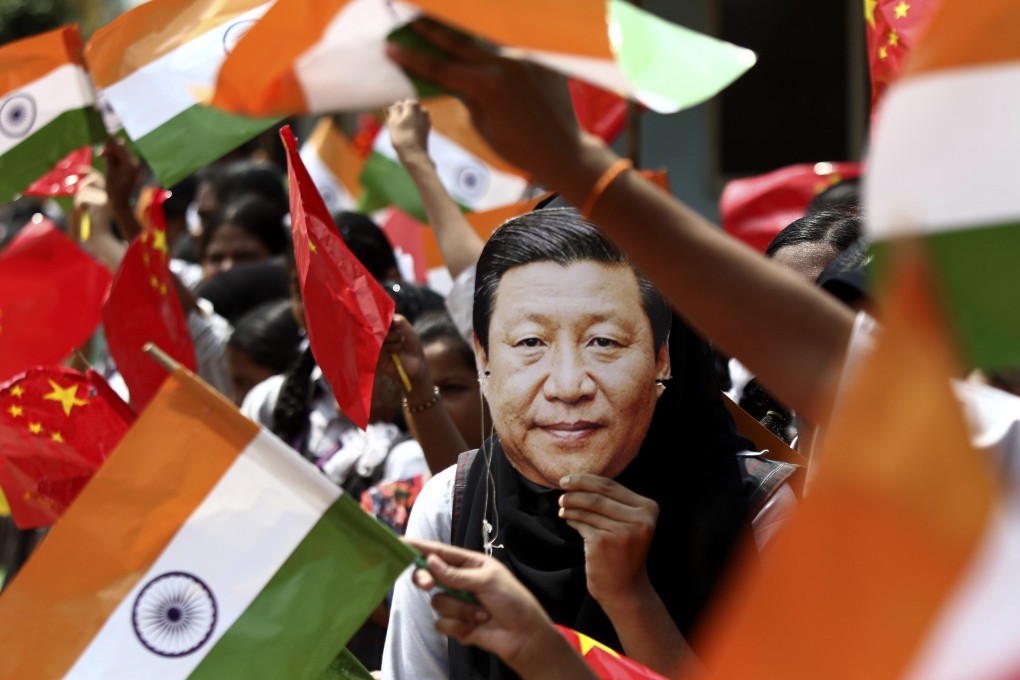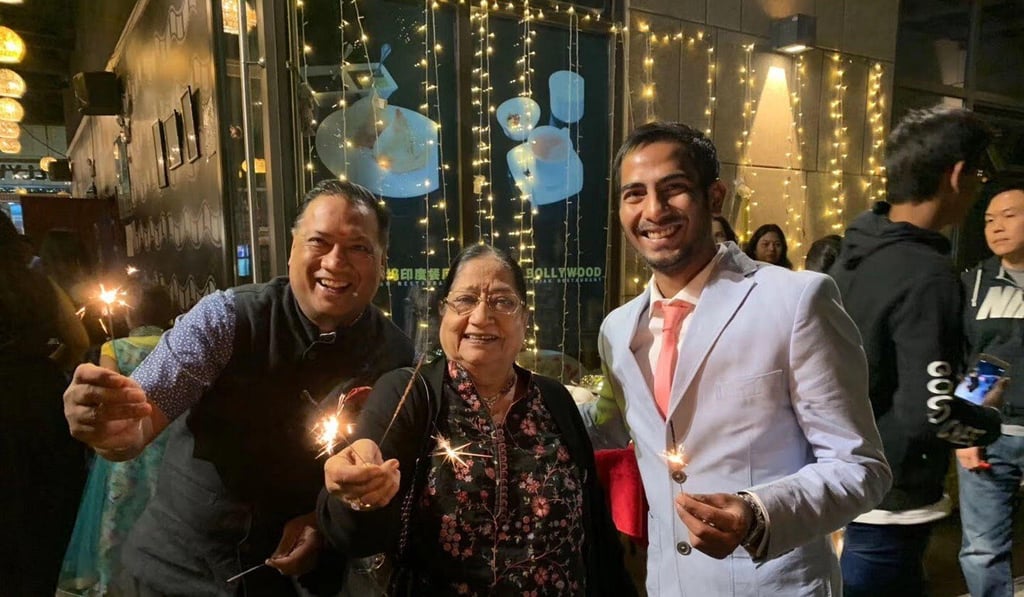Stranded Indian expats weigh China return amid Covid-19, border backlash
- Thousands of Indians have been unable to return to their jobs – and in some cases, families – in China after being locked out by coronavirus restrictions
- However, even as China opens back up, the pandemic and deteriorating bilateral relations mean some are weighing their options or postponing a return

Indian businessman Tapan Gadodia has been unable to return to China, where his import-export company is based, since late January, when he left for his native country to escape what was then the epicentre of the coronavirus pandemic.

02:07
Global coronavirus cases surpass 25 million as India deals with world’s fastest-growing outbreak
Even so, as China takes further steps towards opening up – sources say about 60 people with diplomatic visas were scheduled to leave Delhi for Shanghai on Wednesday – Gadodia, like many others, is not certain if he wants to return just yet.

“A few of my Indian friends in Shanghai lost their parents and could not even attend their funeral,” recalls Gadodia, 50, of compatriots who had chosen to stay in China when the coronavirus first emerged.